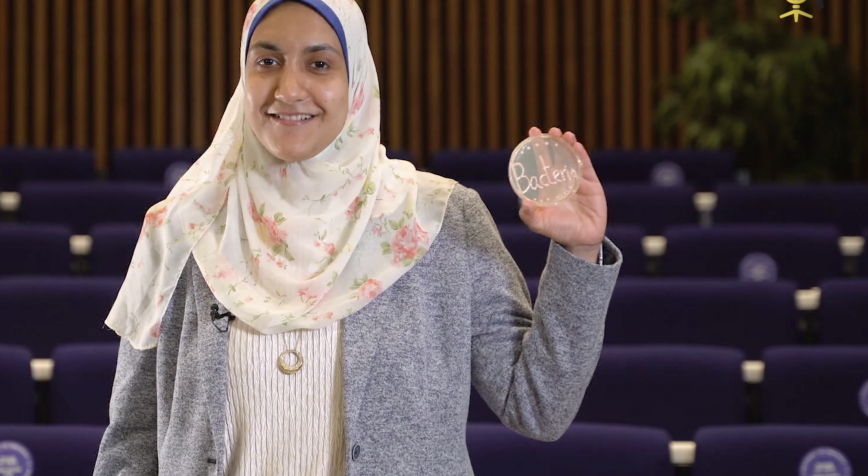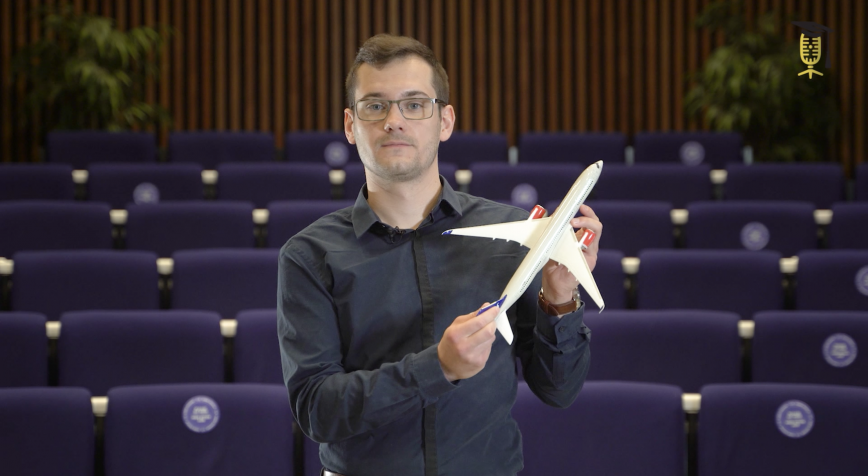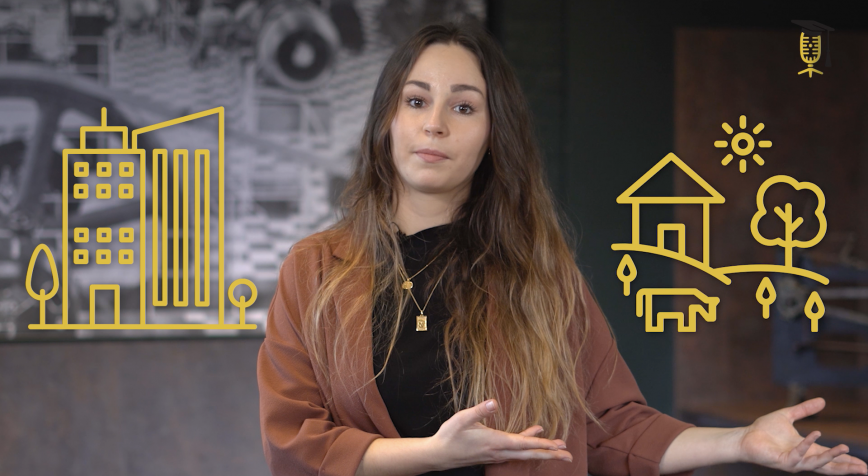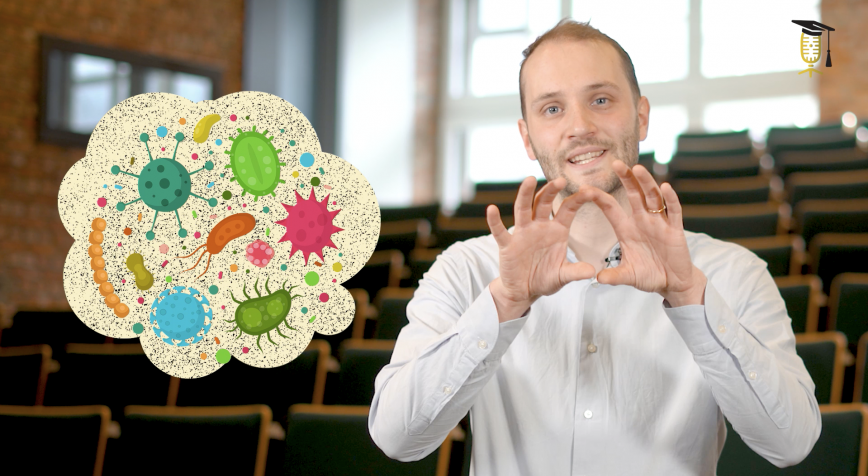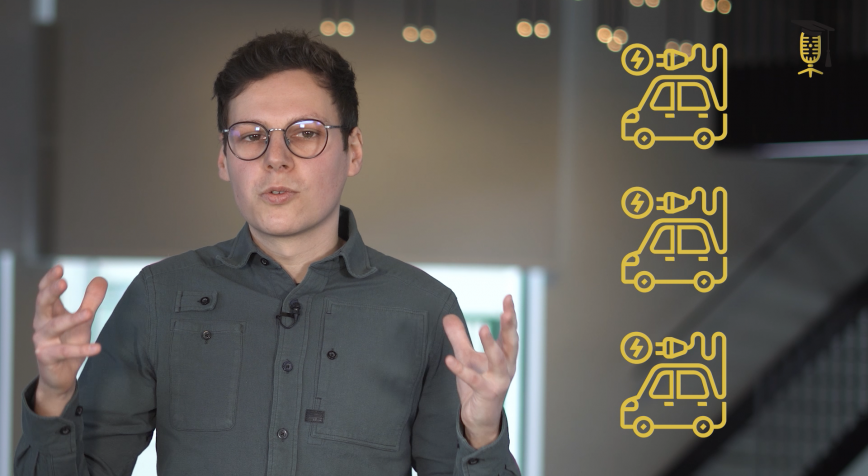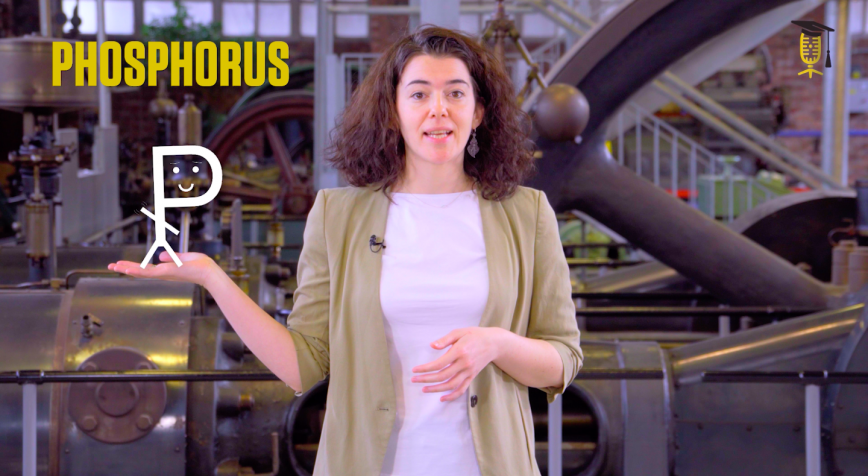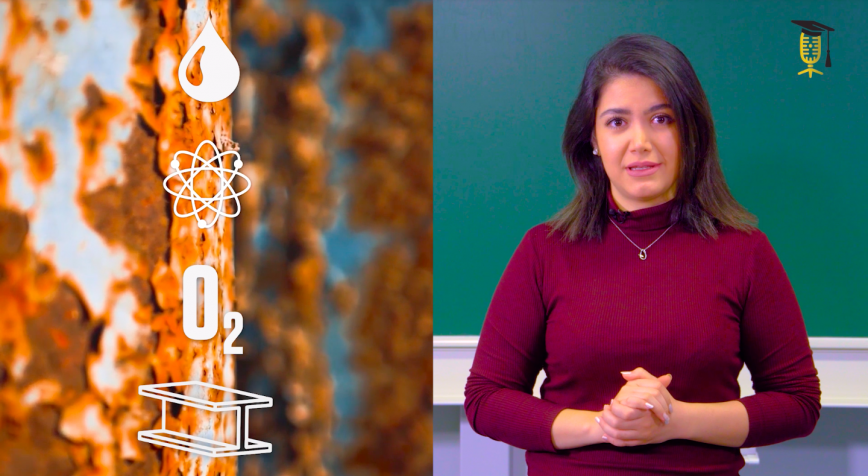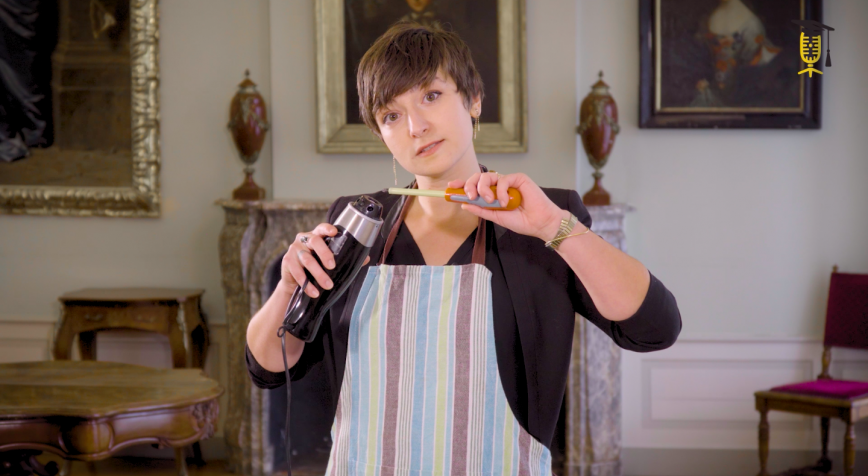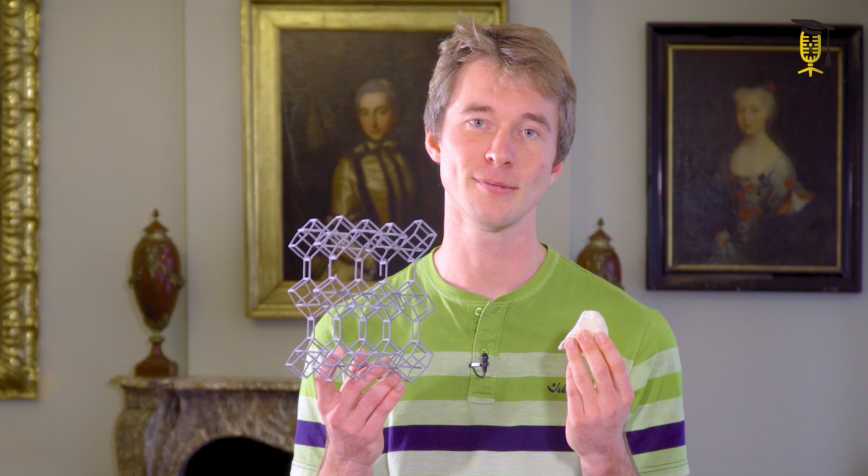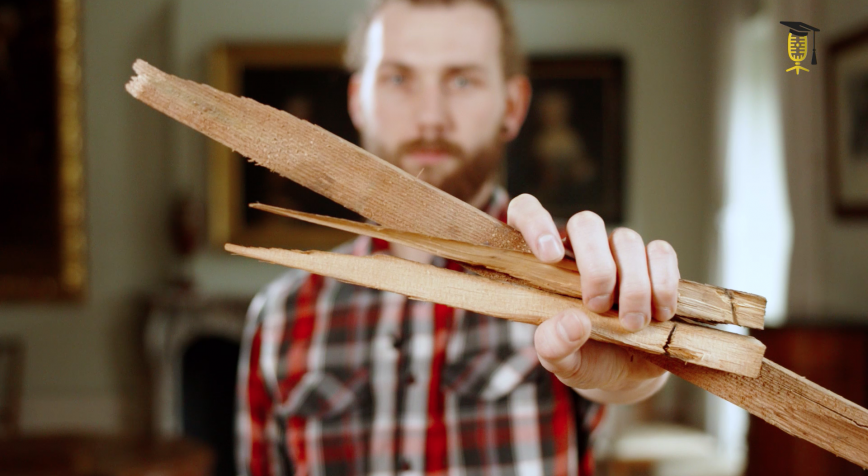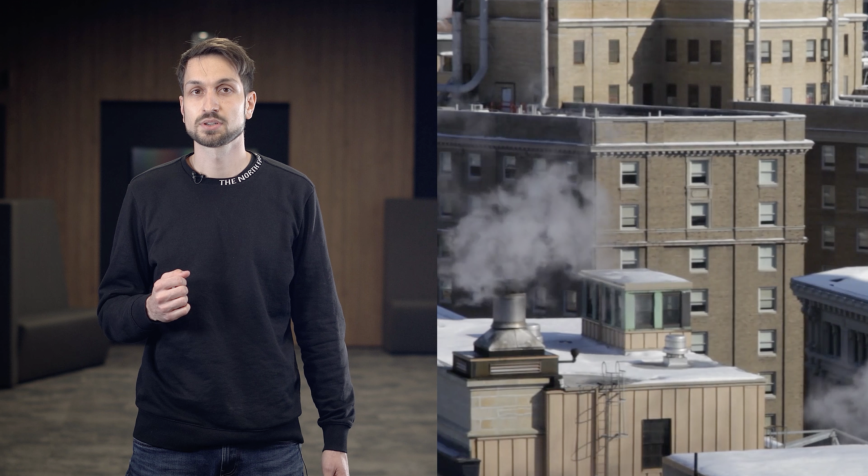
KU Leuven
VITO
Can we heat our homes without emitting CO2?
Did you ever hear of 'heat networks'? These are networks of underground pipelines carrying hot water from geothermal plants to houses & buildings. They offer an interesting and sustainable approach to heating. But the larger the network of houses to be heated becomes, the more complex it becomes to manually design an efficient heat network. That's where Yannick Wack's (VITO - KU Leuven - Energyville) research comes in...
